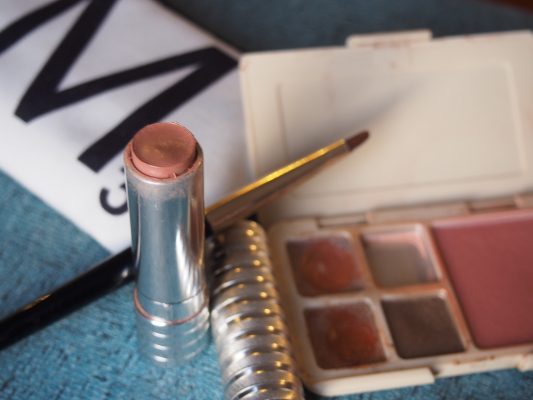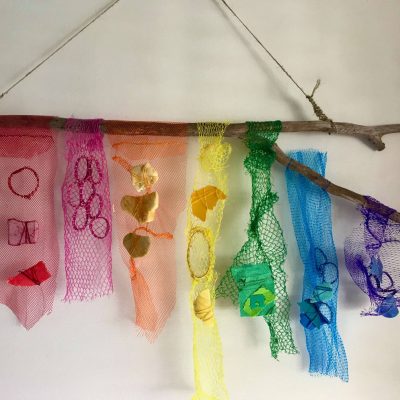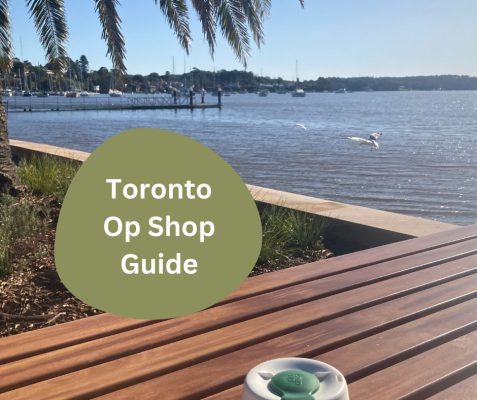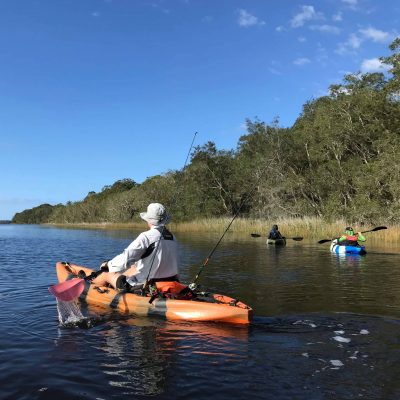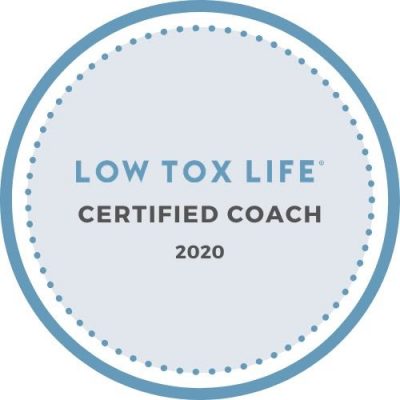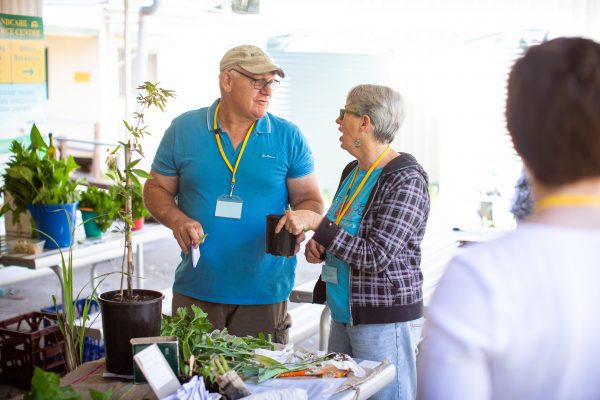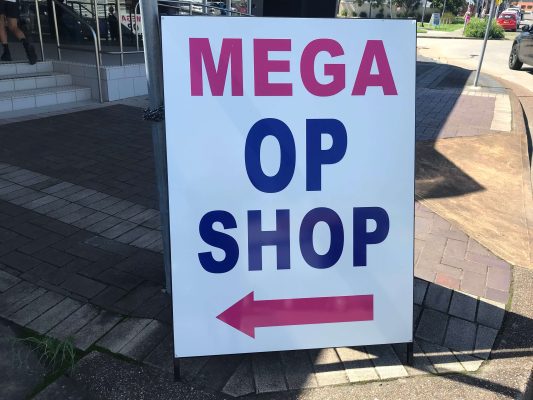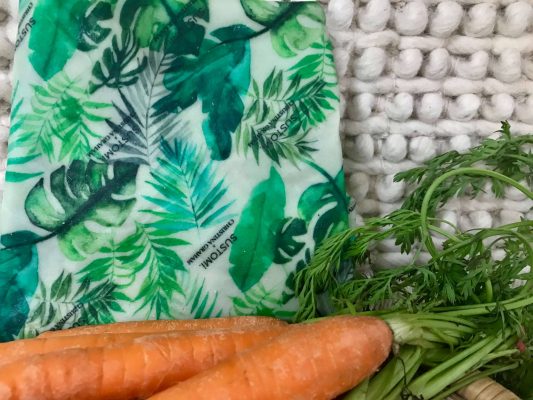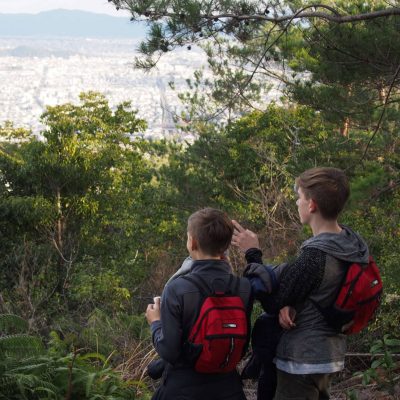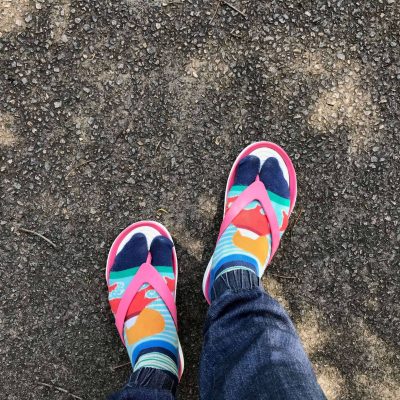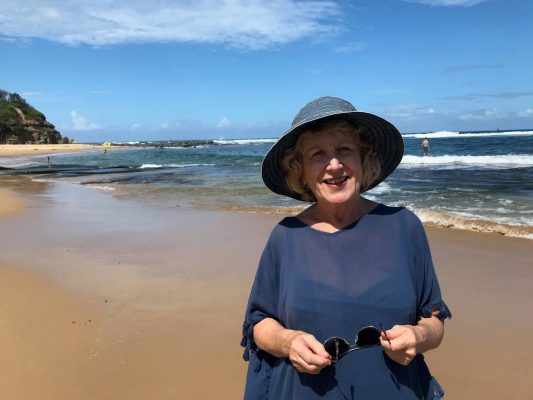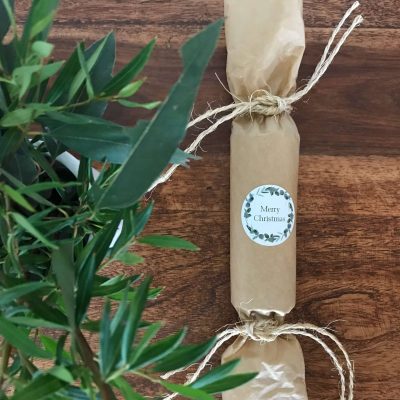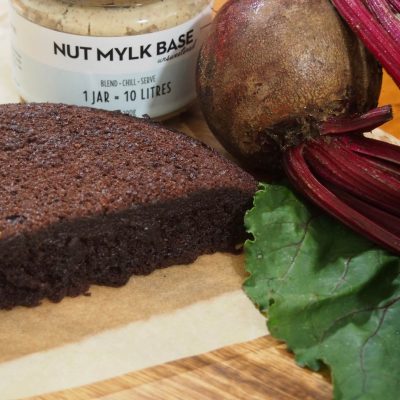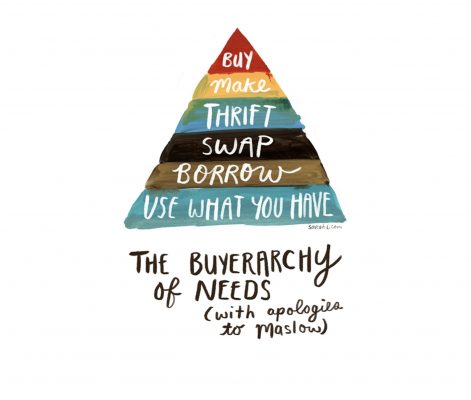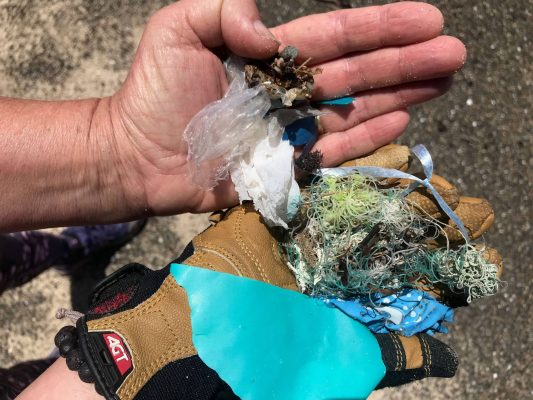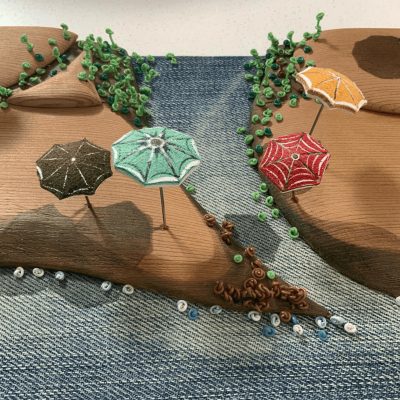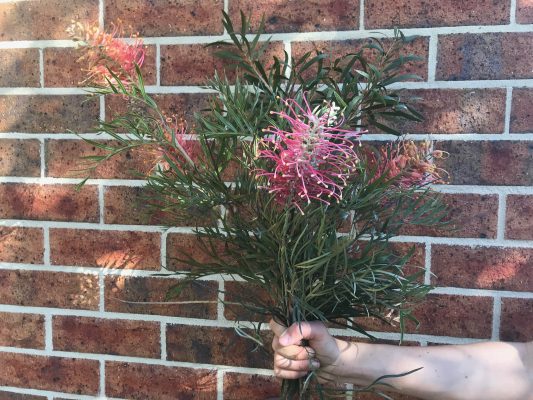Community, Consumption, Local Community Action, Reduce & Reuse
The Library of Things: Reducing Waste Through Sharing
This article is a summary only of the podcast conversation “Ep 3: The Library of Things Reducing Waste Through Sharing” featuring volunteer and committee member Lanah Maruff from The Share Shop, Newcastle NSW. Listen here to the full episode on Spotify podcasts or Apple podcasts, and go here for the relevant links mentioned in the podcast, or read on to enjoy the photos and summary of how Library of Things builds a positive community through the sharing economy.
The Library of Things: Reducing Waste through Sharing
Pressure washers are excellent for your big outside jobs, but after that once in a blue moon cleaning event, they’re bulky to store and can seem like money down the (Karchered) drain. But it’s places like The Share Shop in Newcastle that helps you rethink whether you need or actually want to own goods you rarely use.
What’s The Share Shop?
Often referred to as a Library of Things, The Share Shop operates on a collaborative consumption model. It promotes sharing items to reduce the need to purchase, particularly for infrequently used items.
The Share Shop fills an important gap for people looking to maximise their home space, reduce expenses on rarely used items and minimise waste.
Popular and Weirdest Inventory Items
Based in Hamilton NSW, the area has a mix of old miners cottages and houses with small yards, making space a premium.
The Share Shop aims to maintain an inventory that’s relevant and useful to the local community. Popular categories are sporting and outdoors, party and catering supplies, tools, and kitchenware. Given Newcastle’s vibrant community of creators and makers, expanding the hobbies and crafts category would be a valuable addition.
You never know when you might need a coronation crown, but surprisingly that’s not the weirdest item! The two most unusual items were a moon boot and a single squash racquet. These kinds of items weren’t utilised to their fullest potential, so both items have been moved on.
Pairing like-for-like items gives an even better shared experience. For example, the apple corer with the pie maker, or the icing bag kit with the cake tins and party supplies.
Local Membership
Members living within a 5km radius of The Share Shop share the greatest proportion of membership at 84%, whilst another 13% live within a 10km radius.
Since opening in 2018, Newcastle’s Library of Things has helped over 2100 loans! Borrowing items is simple with an online booking system and a reservation period of up to four weeks. Pick up is always in person, just like a click-and-collect system.
Challenges of Maintaining a Library of Things
The early days of The Share Shop laid the foundation for its expansion into the current space in 2019.
The main ongoing challenges are volunteers and marketing. Fortunately, a quarter of the volunteers have been with The Share Shop since the beginning. People with different skill sets to bring fresh energy and ideas are welcomed to help the library’s strategy for sustainable growth.
Volunteer Lanah is mindful not to put pressure on the existing volunteer base.
As a small, volunteer-led non-profit, marketing is crucial yet challenging. Being a part of the community is essential, such as participating in events like the Living Smart Festival or collaborating with local repair cafes.
The Share Shop has worked out the best opening times to suit the community and volunteers, opening on Saturday mornings all year in addition to Thursday arvos in the summer months.
Community Building
In the podcast, Lanah talks about how The Share Shop builds community “Sharing is something that humans very naturally do, but it’s not necessarily something that is facilitated in our communities…that’s where the share shop has a really valuable role to play in encouraging and facilitating the act of sharing for the benefit of people and communities”.
The Share Shop is part of the sharing economy, which is often platform-based with transactional interactions. Whereas the Library of Things is embedded in the community, and is a place that people come to. This place-based solution helps the local community to promote sharing and in turn, the sharing becomes part of the local community. Borrowing items can spark conversations about what they might be doing, helping to inspire each other.
Sharing Economy
The sharing economy, also called peer-to-peer sharing, disrupts the production cycle by encouraging things to be used for longer by a larger group of people.
Newcastle’s Library of Things applies one element of the circular economy principles into an everyday context. The circular economy is centred around three main principles, with the most relevant one to The Share Shop being the second principle – keeping items in circulation for as long as possible. This includes sharing and repairing items as needed.
Living the sharing philosophy, The Share Shop shares space with other environmentally-focussed organisations, such as Rising Tide, Food not Bombs, Wilderness Society Newcastle and Birdlife Australia (Southern NSW). They also collaborate with The Newcastle Mens Shed for electrical tagging and testing of their inventory.
Shared Benefit in Doing Things Together
Lanah highlights the benefits of collaboration and sharing, recognising there are many brilliant collaborations that may not be obvious. As she puts it, “there’s a lot of shared benefit in doing things together”.
The ReNewy Living Podcast was recorded on Awabakal country. I wish to acknowledge the traditional owners of the land and waters in the Newcastle and Lake Macquarie region of New South Wales.
I hope you’re feeling more confident about doing better for our people and planet by taking a start where you live approach to living sustainably. If this episode has spurred you into action, please feel free to share it with your friends. It would mean the world to me!
Listen into the stories and voices of this story here at Spotify podcasts and here at Apple Podcasts… And you can also sign up to my regular emails here… I look forward to sharing more stories with you next time.
Ep 3 The Library of Things: Reducing Waste Through Sharing
Links from the Podcast episode
- The Share Shop – Newcastle NSW’s Library of Things
- Living Smart Festival – Lake Macquarie City Council’s annual sustainability festival held in late September
- Rising Tide – movement demanding that Australia honours our commitment to the goals of the Paris Climate Agreement.
- Food not Bombs (Newcastle) – volunteer-run, anarchist & secular group that aims to foster an inclusive community through mutual aid through vegan meals
- Wilderness Society (Newcastle) –
- Birdlife Australia (Southern NSW) – volunteer-led local and special interest groups work collaboratively to create a bright future for Australia’s birds.
- Newcastle Mens Shed – advancing the health and wellbeing of men
- Awesome Newcastle
Other Relevant External Links
- The Australian Library of Things Network – Helpful info on everything for wanting to start a Library of Things in your area
- Australian Circular Economy Hub – clearly explains the three principles of the circular economy
- The Centre for Volunteering
- What’s Mine is Yours. On Collaborative Consumption – summary of the TEDX Sydney talk
- What’s Mine is Yours: The Rise of Collaborative Consumption – book by Rachel Botsman and Roo Rogers (#sponsored #qbdbooks I may receive a commission if you choose to purchase)
Relevant Blogposts with ReNewy Living
- All blogpost episodes with links from The Renewy Living Podcast
- Read blogposts that help you support and live locally
- Discover ways that people and business are creating sustainable communities
- Find out how to reduce your consumption
Stories, News & Voices
Sharing stories that strengthen our commitment to nature, community, and a healthier planet.







